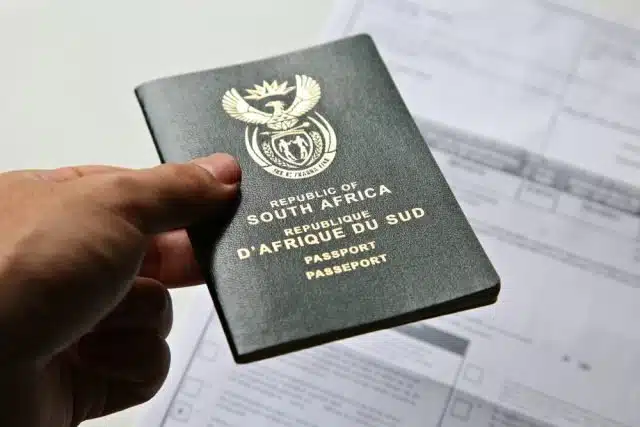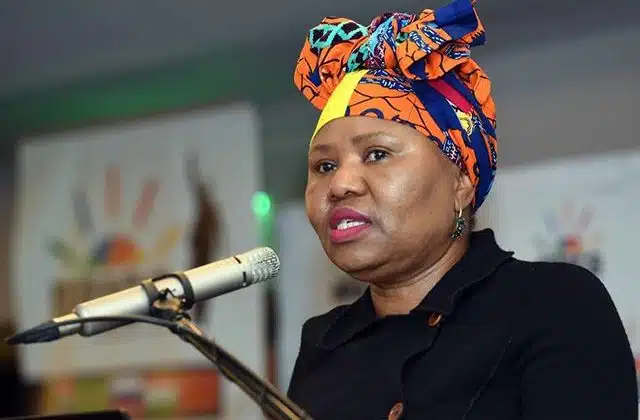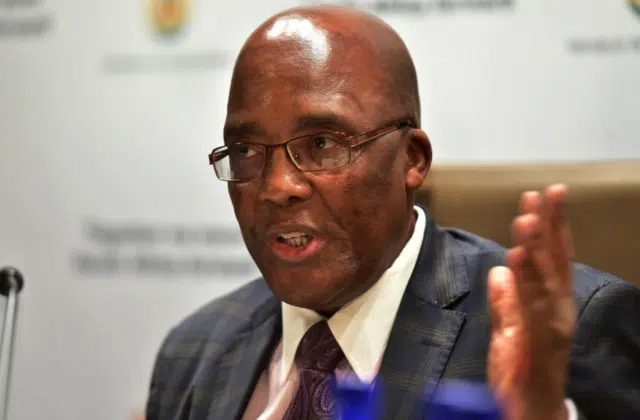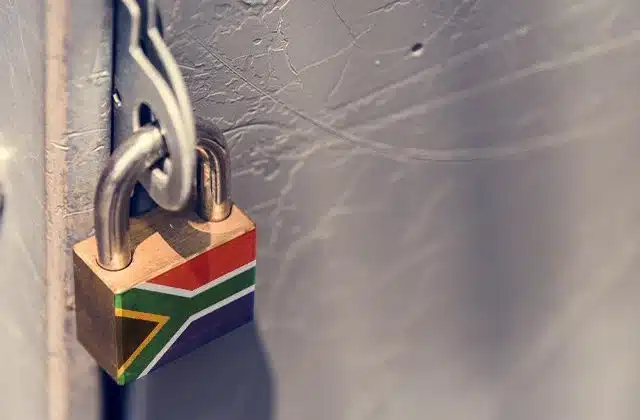
Massive change for passports in South Africa
Minister of Home Affairs Aaron Motsoaledi says that the flexibility afforded to passport applications and collections in South Africa is being removed to protect the integrity of the document.
The change follows high-profile cases of fraud and corruption involving passports in recent months, which have damaged the country’s reputation and brought the security of the South African passport into question.
“South Africa’s passport has been in the news for all the wrong reasons,” Motsoaledi said, highlighting incidents where department officials were arrested for fraudulently processing illegal immigrants and where Bangladeshi and Pakistani citizens were caught using false South African passports abroad.
While some instances have become a local joke, Motsoaledi said that these cases cause serious hardships, mentioning the RyanAir saga, which saw locals ostracised in the UK because there is simply no trust in the country’s passport.
Motsoaledi said that these cases have put South Africa and its passport security in a particularly bad light, forcing the department’s hand.
“It is for this reason that the Department of Home Affairs has to do something – because this state of affairs cannot be allowed to continue unabated,” the minister said.
Because of the cases involving citizens from Bangladesh and Pakistan trying to pass through South Africa’s airports illegally, the department said it is withdrawing the transit visa exemption for Bangladesh and Pakistan from 1 August 2022.
Travellers from these countries are now required to apply for a visa when transiting through South Africa.
Locally, however, South Africans will also see certain privileges revoked.
The minister announced the first of three major actions being taken to protect the security of the South African passport – the end of transferrable and third-party collections and a new activation process that can only be completed by the applicant.
Motsoaledi said that passport applications currently allow for the document to be collected at any office in the country if applicants request that it be transferred. It also allows for the passport to be collected by a third party.
The government allowed for this because “people are in a hurry”, especially in business, Motsoaledi said. “There is not always time, so third parties were allowed,” he said. “Unfortunately this privilege has been taken away,” the minister said.
From now on, the following is in effect:
- A passport can only be collected from the office it was applied for. You will be forced to go back to the same office to collect it.
- Only the person who applied for the passport can collect it.
- Passports will be activated by a fingerprint – which will be compared to a photo. Upon collection, everything has to be matched up to the data in the national identity database.
- For minors, only parents or legal guardians can apply and collect these, using the same methods.
Motsoaledi said that this new process is the same method being used in Smart ID cards. He stressed that any passports collected in any other way will be of no use, as they will not be activated.
The other two changes to protect passport security will be discussed in due course, the minister said – but he stressed that one of the measures is “an internal process” which will be kept under wraps to prevent fraudsters from taking advantage of it.
The third measure is a technological one, which will be revealed once it has gone through the necessary processes.
“We know this will inconvenience some frequent travellers and those pressed for time, but everyone needs to be prepared to make sacrifices to protect the integrity of the passport,” he said.
The minister also clarified that there is nothing called an “emergency passport” in South Africa.
The so-called emergency passport is a hand-written document only made available to South Africans stranded abroad. This is sent to embassies abroad and only allows a South African to return to the country. There is no way to leave the country on a document like this, he said.
He said that there is a measure to get a passport fast-tracked, but this costs “an arm and a leg”. This happens under very rare circumstances, he said and can see a turnaround time of 24 hours.
However, the typical turnaround for passports is 5-13 days, and 90% of passport applications meet this standard. Motsoaledi said that people should make use of the online booking systems and the department’s partnerships with the banks to avoid long queues and make the process as smooth as possible.



